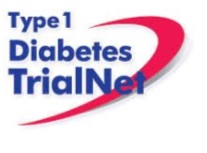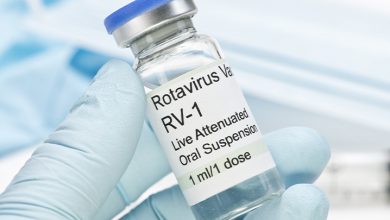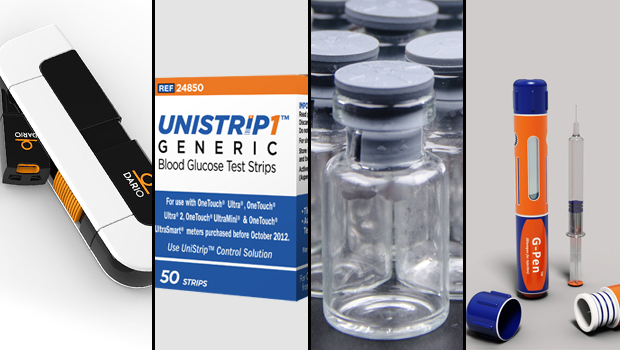New predictors are a lifeline for families living with Type 1 Diabetes
Combining genetic testing with existing NIH TrialNet procedures has shown very positive initial results in predicting T1D.*

The ADA ‘recommends that family members of persons with T1D consider being screened for autoantibodies, with annual re-testing as best practice for family members who are under 18 years old.’ This testing is important because relatives of T1D are more likely to get T1D than the general population.
| Relationship to person with T1D | Likelihood of Getting T1D |
| Relatives of T1D | 5% |
| Children of Fathers with T1D | 6-10% |
| Children of Mothers with T1D | 4% |
| Siblings | 6% |
| Identical Twins | 50-70% |
| Non-Identical Twins | 10% |
Better testing is important because early detection often prevents DKA and early intervention may slow the decline in beta cell function that becomes T1D. See Michael Haller article in people with new-onset T1D, which suggests that the therapy could work in earlier stages, before T1D diagnosis.
 NIH TrialNet testing is available to all families with T1D. The first current step is testing for the presence of autoantibodies. The value of the Genetic Risk Score described in the Diabetes Care article is that it incorporates information from the 30 genes with the strongest influence in T1D and it can be easily combined with other factors, such as islet autoantibodies, age, ethnicity, and BMI. For example, Latinos have a lower likelihood of getting T1D compared in Caucasians unless they are overweight when the likelihood of T1D becomes much higher.
NIH TrialNet testing is available to all families with T1D. The first current step is testing for the presence of autoantibodies. The value of the Genetic Risk Score described in the Diabetes Care article is that it incorporates information from the 30 genes with the strongest influence in T1D and it can be easily combined with other factors, such as islet autoantibodies, age, ethnicity, and BMI. For example, Latinos have a lower likelihood of getting T1D compared in Caucasians unless they are overweight when the likelihood of T1D becomes much higher.
 Dr. Maria Redondo, affiliated with Baylor College of Medicine and Texas Children’s Hospital (bio) is the lead author of the study which tested 1200 people. In discussions about the likely evolution of T1D testing, she estimates that it will take 12-18 months to start
Dr. Maria Redondo, affiliated with Baylor College of Medicine and Texas Children’s Hospital (bio) is the lead author of the study which tested 1200 people. In discussions about the likely evolution of T1D testing, she estimates that it will take 12-18 months to start  validating their initial results across other groups of T1D families within TrialNet. Once this occurs, she anticipates that within another 12-18 months genetic testing will become standard practice within NIH TrialNet and other testing services.
validating their initial results across other groups of T1D families within TrialNet. Once this occurs, she anticipates that within another 12-18 months genetic testing will become standard practice within NIH TrialNet and other testing services.
* This research was published in Diabetes Care — See http://care.diabetesjournals.org/content/41/9/1887







